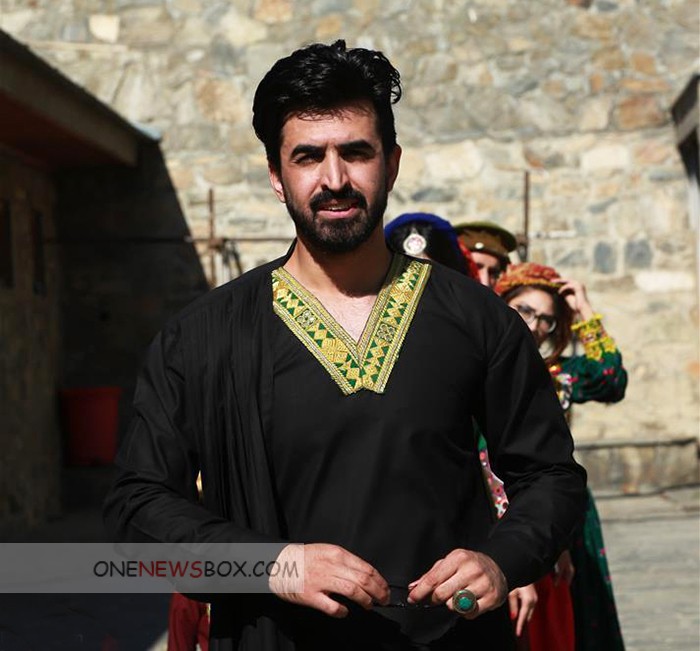Despite conflict, Afghanistan remains a land of stunning beauty and heritage. The Bamiyan Valley, once home to the giant Buddha statues destroyed in 2001, is a UNESCO World Heritage Site. The ancient city of Herat, the citadel of Balkh, and the blue-tiled mosque of Mazar-i-Sharif stand as reminders of Afghanistan’s rich cultural legacy. Afghans are known for their strength, adaptability, and deep sense of community. Across the country and among the Afghan diaspora, efforts continue to preserve language, culture, and education—particularly for women and children.
Despite the hardships, many Afghans express hope for a peaceful and prosperous future. Afghan society is built upon strong family and tribal structures, where community and kinship ties play a vital role. Families are often large and multi-generational, with elders holding great respect and authority in decision-making. Hospitality is one of the most cherished Afghan traditions; guests are treated with honor, and sharing food and tea is seen as a gesture of friendship.

